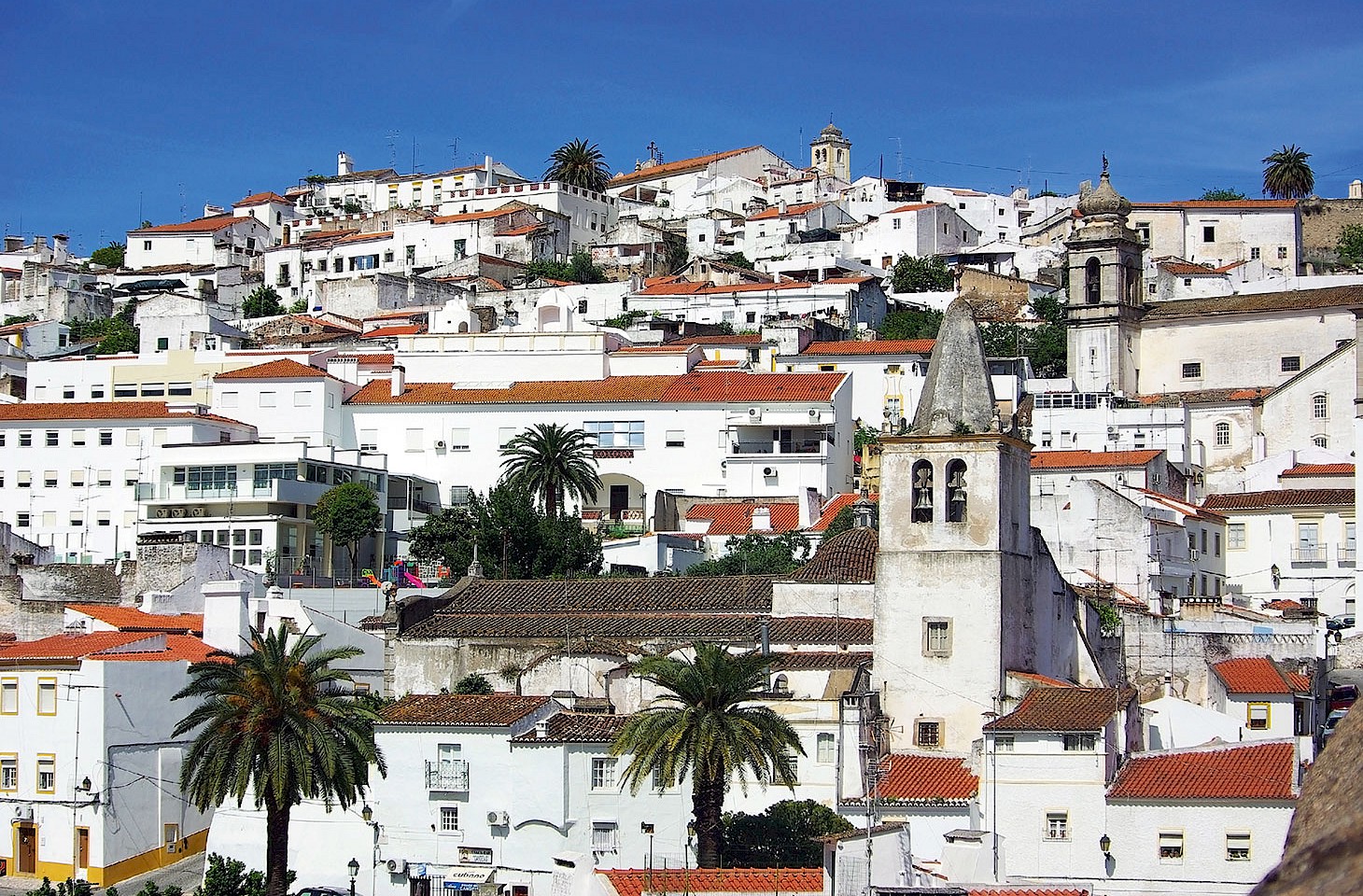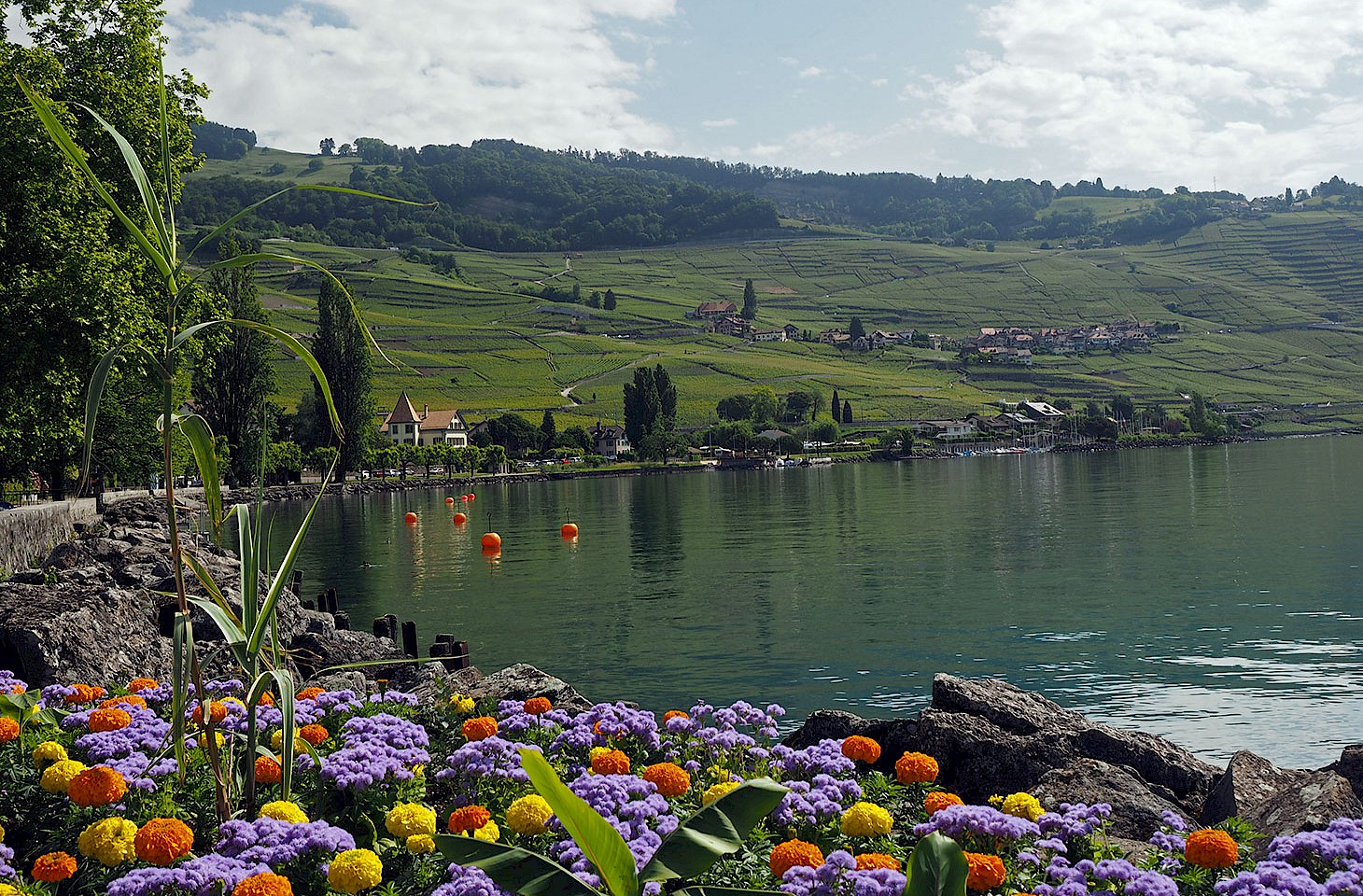Dear fellow travellers
I discovered yesterday that the traveller wanting to take a train out of Zakopane is hardly spoilt for choice. Early birds can opt for the 03.27 to Kraków. Then the next departure from the resort in the Tatra mountains of southern Poland is not till just after midday.
Never keen on early starts, I opt for that lunchtime train, and duly arrive at the station about 30 minutes before the scheduled departure time. It turns out that the ticket office, presumably untroubled by much pressing business for many long hours after the departure of the 03.27, closes for an early lunch break at 11.30.
But, following the general inclination of a patient crowd, I join the hopeful queue. It seems composed almost entirely of visitors to the Tatras. The ticket office reopens at noon, just eleven precious minutes before the departure of the train to Kraków.
He who holds a commanding place at the very head of the queue is evidently reviewing options for a peculiarly imprecise itinerary upon which he might (or might not) embark at some distant future date. "I think he's not sure whether he wants to spend summer in St Petersburg or Szczecin," observes a woman standing in front of me in the queue.
That nudges the collective over the brink. The crowd moves as one out of the ticket hall towards the waiting train. It is no more than a few metres across the platforms, but this requires considerable athletic ability, so mountainous are the piles of snow that decorate Zakopane at this time of year.
The ticketless crowd pile onto the train. All the plum seats have been taken by locals who seem surprised at the notion that anyone would even think of trying to purchase a train ticket at the booking office in Zakopane. "No, no, we all just buy tickets on the train," says one man who is carrying a bunch of roses and an ice axe.
The appointed moment for departure arrives. Bang on time the doors slide shut, the driver releases the brake and we start to roll downhill towards Kraków. In truth, the topography of the region is more complicated than that. The railway takes a formidably challenging route from the mountains down to the lowlands. Zakopane is in the headwaters of the Dunajec drainage system and the easy option would have been to follow that valley downstream to reach the main line from Lviv to Kraków at Tarnów.
But the railways in these parts were planned and built by the Austro-Hungarian Empire, and the imperial engineers were never inclined to take the easy option. Think of the Semmering Railway which cuts through difficult mountain terrain south-west of Vienna. Today it is inscribed on UNESCO's World Heritage List as an early example of daring railway engineering. It became a matter of imperial pride to take the bold option. And that's just what the railway from Zakopane to Kraków does.
It flirts with the Dunajec, then climbs over a difficult pass to reach the Raba Valley, before precociously shifting allegiance to the Skawa. On the four-hour journey from Zakopane to Kraków our train three times reverses its direction of travel.
Eighty years ago, Poland's prestige Luxtorpeda train linked Kraków with Zakopane in less than three hours. In 1936, a Luxtorpeda made the run in a record time of 2hrs 36mins. Nowadays, things are more leisurely. Our journey yesterday took just over four hours and the train made 41 stops at stations along the way. Some of those intermediate stations are still decorated in peeling kaisergelb, a reminder of the Habsburg origins of the route.
No one has nominated the railway from Zakopane to Kraków for inclusion in the UNESCO World Heritage List. And yet there is a touch of world heritage along the way. After the railway cuts through the Beskidy hills, it passes through the magnificent religious landscapes of Kalwaria Zebrzydowska - and this parkland is indeed on the UNESCO List. It made for a blessed moment on an Ash Wednesday train ride along one of Europe's most interesting rail routes. The one-way fare for that slow travel adventure was just eighteen Polish zloty (about four euros).
We feature other aspects of the Zakopane to Kraków rail route in hidden europe 39, which will be published in mid-March.
Nicky Gardner
(editor, hidden europe magazine)



